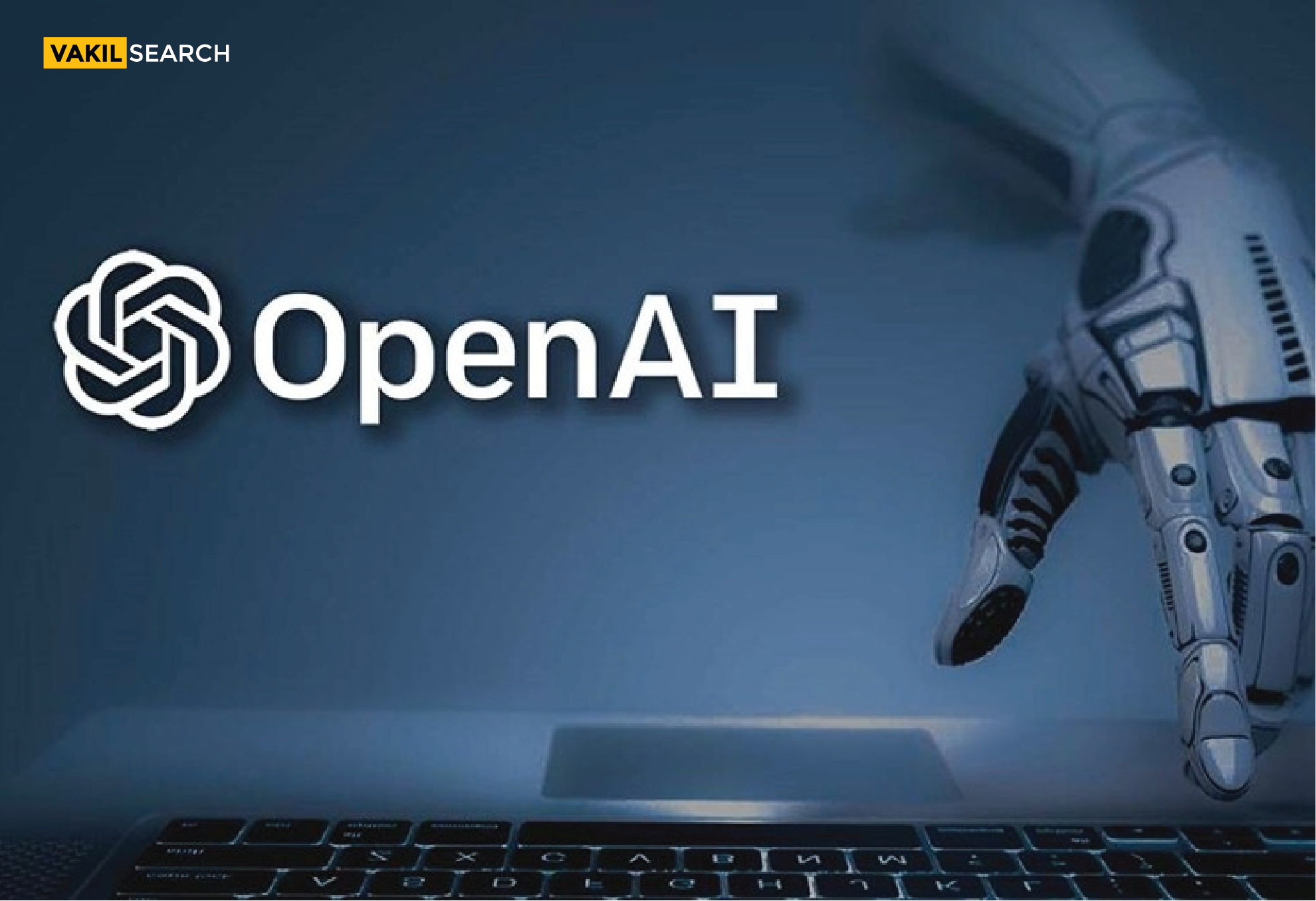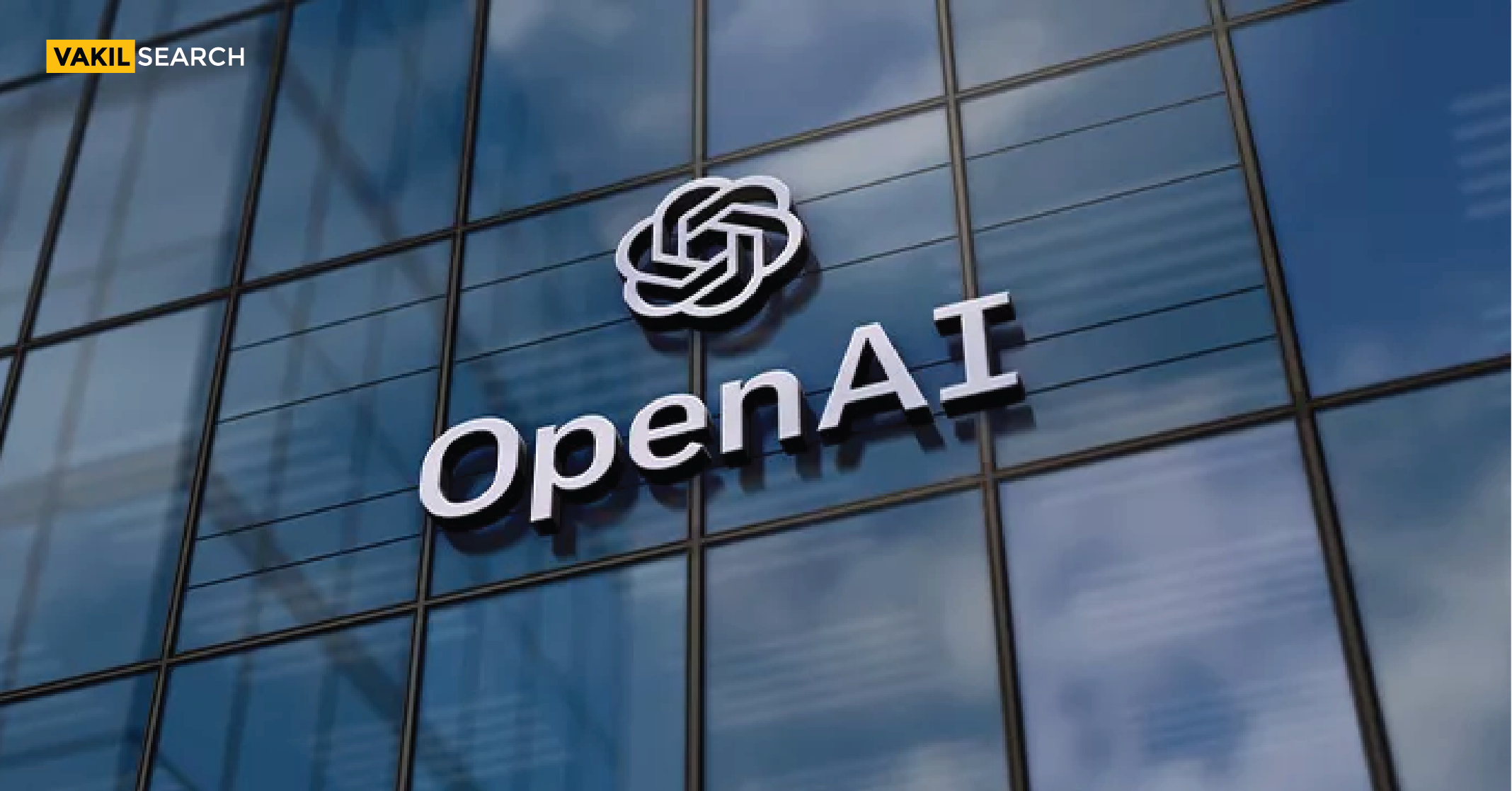OpenAI, the developer behind the popular AI tool ChatGPT, is contemplating a significant change to its governance structure in response to an unsolicited takeover attempt from billionaire Elon Musk. According to a report by the Financial Times on Tuesday, OpenAI is considering granting special voting rights to its non-profit board in order to safeguard the authority and influence of its directors. This measure could help the company preserve control over its operations and avoid being overtaken by outside investors, such as Musk, who has attempted to acquire the company in the past.
Sam Altman, OpenAI’s CEO, and other members of the board are reportedly evaluating this new governance strategy as OpenAI moves closer to transitioning from its original non-profit model to a traditional for-profit business. The shift in business structure reflects the company’s increasing need for additional funding to compete effectively in the fast-evolving artificial intelligence sector. The Financial Times report cites individuals with direct knowledge of the ongoing discussions within OpenAI but did not specify whether any decisions had been finalised.
The potential introduction of special voting rights would grant the non-profit board of OpenAI greater authority to block decisions made by major investors, such as Microsoft and SoftBank, and would also provide a means to fend off hostile takeover attempts. This could include Musk’s efforts, which have been ongoing since his initial involvement with OpenAI. Musk co-founded the company alongside Altman, but he eventually parted ways with the organization, and has since been vocal about his concerns regarding OpenAI’s shift towards a for-profit model.

Last Friday, OpenAI publicly rejected a $97.4 billion acquisition offer from a consortium led by Musk. The company made it clear that it was not for sale and dismissed Musk’s bid as disingenuous, reiterating its commitment to maintaining its independence. This rejection marks the latest in a series of efforts by Musk to prevent OpenAI from adopting a purely profit-driven approach. Musk has expressed concerns that OpenAI’s transformation into a for-profit company could negatively impact the company’s commitment to safety and ethical considerations in the development of AI technology.
Musk’s proposed acquisition, while large in scale, is not the first attempt he has made to influence the future direction of OpenAI. The tech entrepreneur has long been critical of OpenAI’s decision to pursue commercial interests, suggesting that it may compromise the organization’s original mission to develop artificial intelligence in a manner that benefits humanity. Musk’s concerns have intensified as OpenAI has forged partnerships with big investors, including Microsoft, and began transitioning into a more traditional business model.
The plan to implement special voting rights is seen as a strategic move by OpenAI to ensure that the company’s board of directors retains a significant level of control over the company’s future, despite pressure from large financial backers. By giving the non-profit board the ability to overrule investors, OpenAI would preserve the power of its leadership and limit the influence of external parties who may have different goals, particularly when it comes to the commercialisation of AI.
The move could also be seen as a safeguard to protect OpenAI’s mission and objectives. While the company seeks funding from investors to remain competitive in the artificial intelligence race, it has also stressed its commitment to prioritising safety and ethical concerns when developing AI technologies. Special voting rights could help ensure that these principles remain central to the company’s operations, even as it seeks greater financial backing to advance its research.
Microsoft and SoftBank are among the largest investors in OpenAI and have played a critical role in helping the company scale its operations. Microsoft, in particular, has been a key partner for OpenAI, providing significant financial backing and cloud computing resources to support the company’s development of advanced AI models. These investors are likely to have their own interests in the company’s future direction, but the special voting rights would offer a means for OpenAI’s non-profit board to override decisions they may seek to impose.

The proposal to grant special voting rights to the non-profit board also highlights the unique structure of OpenAI. While many tech companies are typically governed by for-profit boards and are primarily focused on generating returns for investors, OpenAI’s hybrid model has been a subject of debate. OpenAI originally started as a non-profit organization with the mission to ensure that artificial general intelligence (AGI) would be developed in a safe and controlled manner. However, the company’s increasing financial needs and the competitive nature of the AI industry have led to a shift towards a for-profit model, prompting concerns about how that might affect the company’s original goals.
As OpenAI navigates this transition, the introduction of special voting rights could provide a mechanism for balancing the financial interests of investors with the company’s broader ethical and safety considerations. This approach would also provide reassurance to employees, researchers, and supporters of OpenAI that the company’s leadership and mission will not be unduly influenced by outside forces seeking to profit from its technologies.
Conclusion
OpenAI’s consideration of granting special voting rights to its non-profit board is a significant development in the company’s ongoing evolution as it navigates the complex dynamics of the artificial intelligence industry. The proposed changes would offer a way for the company to retain control and direction, despite increasing pressure from large investors and external stakeholders like Elon Musk. As the company continues to grow and secure funding for its ambitious AI initiatives, maintaining its independence and staying true to its ethical principles will be critical to its long-term success and the broader impact of its technology on society. For more fundraising and business law related advice consult a business lawyer at Vakilsearch now.
- Finance Bill 2025 Discussion: Raghav Chadha Highlights the Heavy Tax Burden on Citizens - March 28, 2025
- Government Plans to Abolish 6% Equalisation Levy on Online Ads - March 25, 2025
- Trump World Center: First Trump-BrandedProject in Pune – India - March 20, 2025

